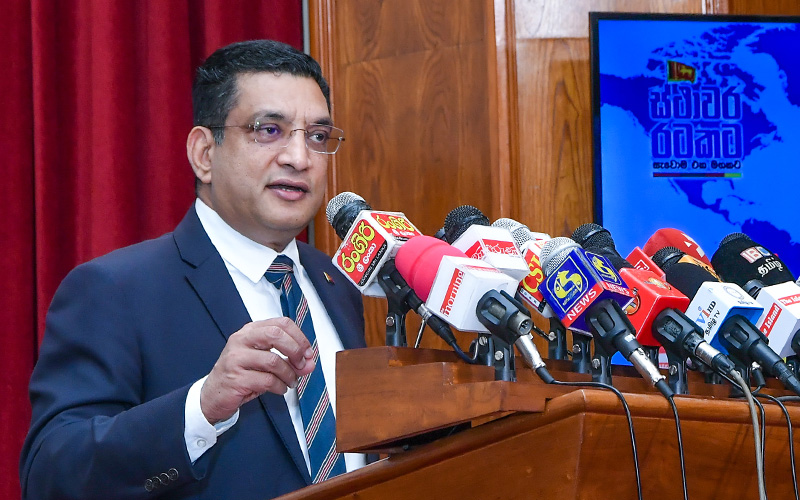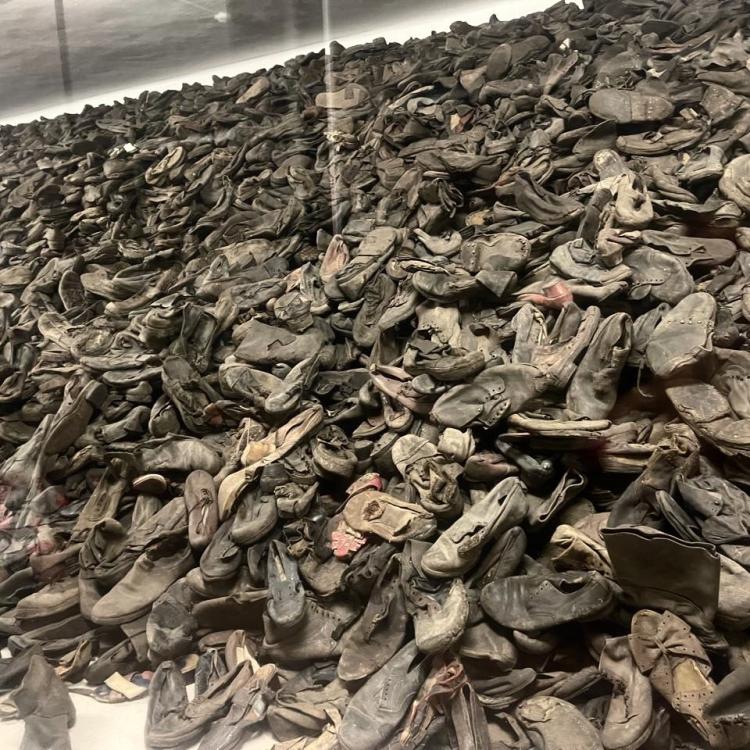
Ahead of Sri Lanka’s presidential election, Sri Lanka’s Foreign Minister, Ali Sabry, lashed out at Tamils and claiming, “Tamil leadership have continuously refused to be part of the government” and has refused to be a part of a common “Sri Lankan identity”.
Sabry’s statement omits a long political history of Tamils attempting to broker a power sharing agreement with the Sinhala majority which stretches as far back as the 1939 G.G. Ponnambalam’s 50:50 proposal. Subsequent proposals such as the 1957 Bandaranaike–Chelvanayakam and 1965 Dudley-Chelvanayakam Pact were abandoned after facing sever and sustained opposition from Sinhala Buddhist nationalists.
In the aftermath of the 2009 genocide against Tamils, which saw as many as 169,000 Tamils killed, the Tamil National Alliance threw its weight behind the Sri Lankan army commander Sarath Fonseka at 2010 elections, over the candidacy of then President Mahinda Rajapaksa. The willingness to back an alleged war criminal led to a major party split and the formation of the Tamil National People’s Front (TNPF).
The TNA has consistently backed opposition parties under the fig leaf of incremental reform. This includes supporting Fonseka in 2010, Maithripala Sirisena in 2015 and Sajith Premadasa in 2019. Despite this continued support the Tamil homeland has not seen a decrease in militarisation, advances in accountability or devolution under the 13th amendment.
The Office of Missing Persons, established under the presidency of Sirisena, has been widely condemned as abject failure. In 2022, the UN High Commissioner highlighted that the OMP "has not been able to trace a single disappeared person or clarify the fate of the disappeared in meaningful ways".
Sabry’s statement comes as a number of Tamil political parties and civil society organisations have agreed to field a common presidential candidate at the upcoming election. However, given this continued legacy of false promises, the TNPF has called on Tamils to boycott the upcoming elections, describing it as the “only option left to the Tamil people”.
Calls for a boycott have been supported by Tamil Families of the Disappeared who have continued, for years, to demand an account for their disappeared loved ones, many of whom were last seen in military custody.
Eelam Tamils have also launched a signature campaign demanding that promises made by Members of Parliament during the election period be fulfilled.
Read more here


